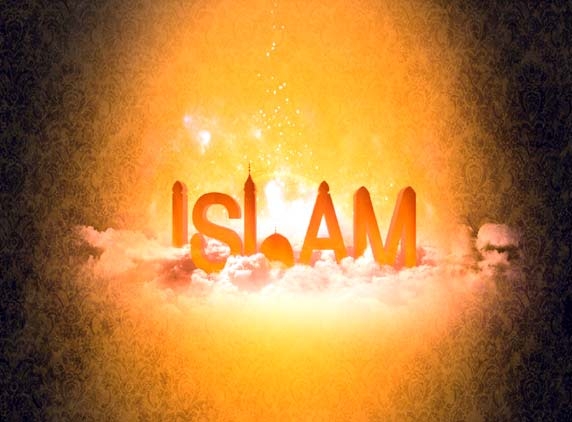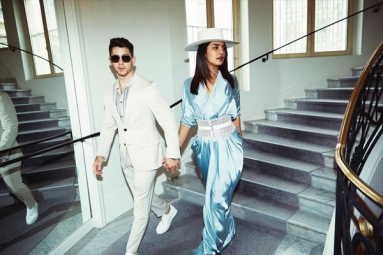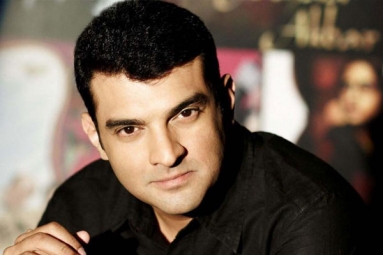
The fear of controversy has failed to deter two film-makers from Iran and Qatar, who are producing a pair of rival biopics on the seventh-century Prophet of Islam.
Fact fully, as a protagonist, the Prophet poses a unique challenge, as much of the Muslim world forbids his depiction on screen.
Moreover, Iranian director Majid Majidi, whose 30 million-dollar biopic began shooting last October, reportedly intends to show parts of the Prophet's body, though not his face.
In fact, Cairo's Sunni-led al-Azhar University has already demanded the unfinished film be banned.
In December, in Sunni-majority Qatar, Alnoor Holdings, the media arm of al-Hashemi construction group, announced plans to spend 1 billion-dollar on its own series of epic movies about the life of Mohamed in fact, the team has hired the Islamic theologian Yusuf al-Qaradawi and producer Barrie Osborne as technical advisers.
In 1977, the Syrian-American producer Moustapha Akkad was forced to go to the Libyan dictator Muammar Gaddafi to gather funding for his Mohamed biopic The Message, after Americans backed away from the project
Since its release, however, The Message has become popular among Muslim audiences as a respectful depiction of Islam's early history, and its existence may calm the concerns of Muslims about similar projects.
According to Shakeel Syed, the executive director of the Islamic Shura Council of Southern California, The Message is "very well-liked" among Muslims. He also says that the Prophet continues to be a controversial personality because so many myths and misleading have been preserved about him. The Message keeps in mind the extreme sensitivity of Muslims in reference to any images of the Prophet, he expresses, adding that if done well, the films will increase interest and knowledge among non-Muslim audiences too.
(AW:Samrat Biswas)




















